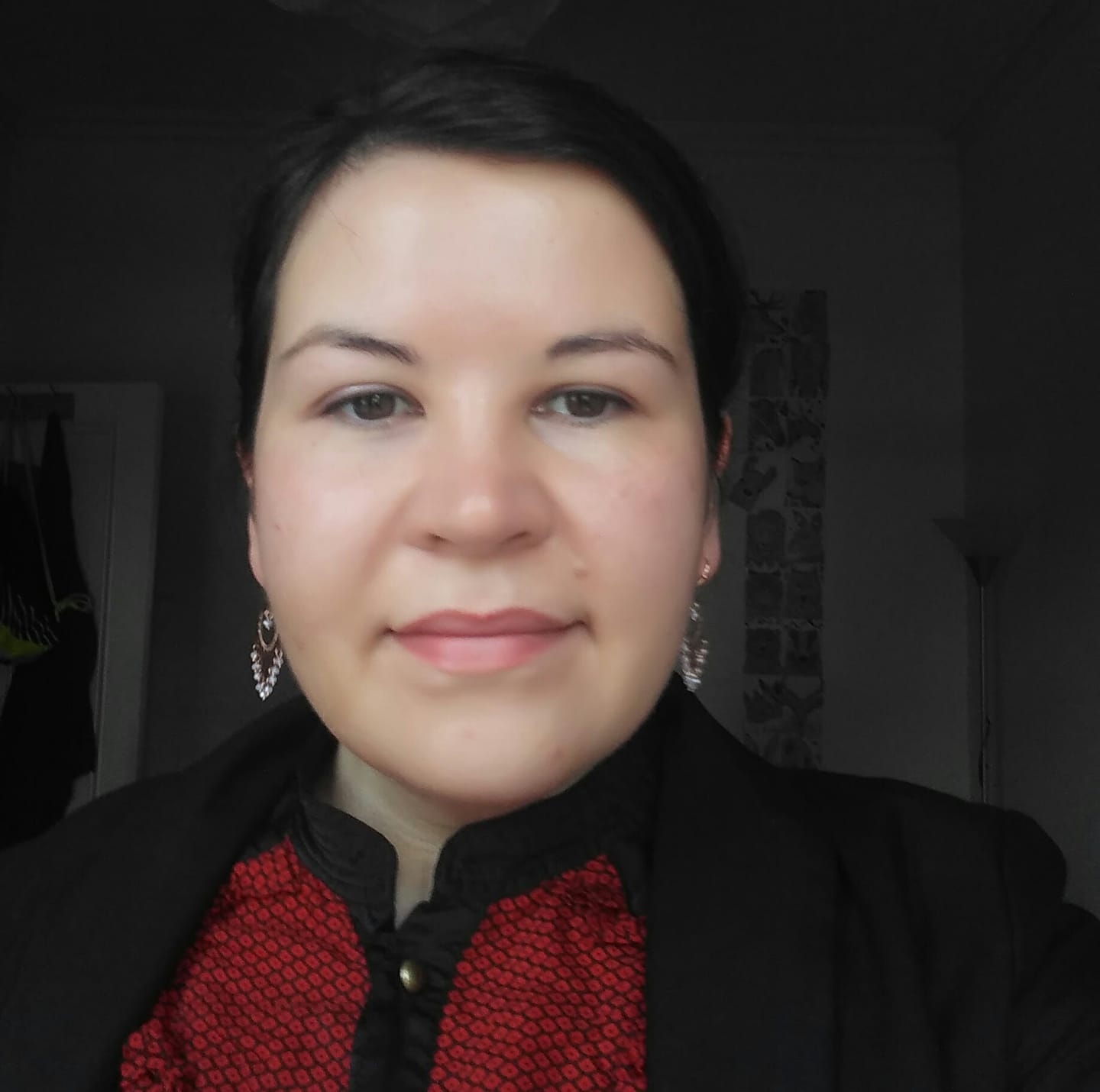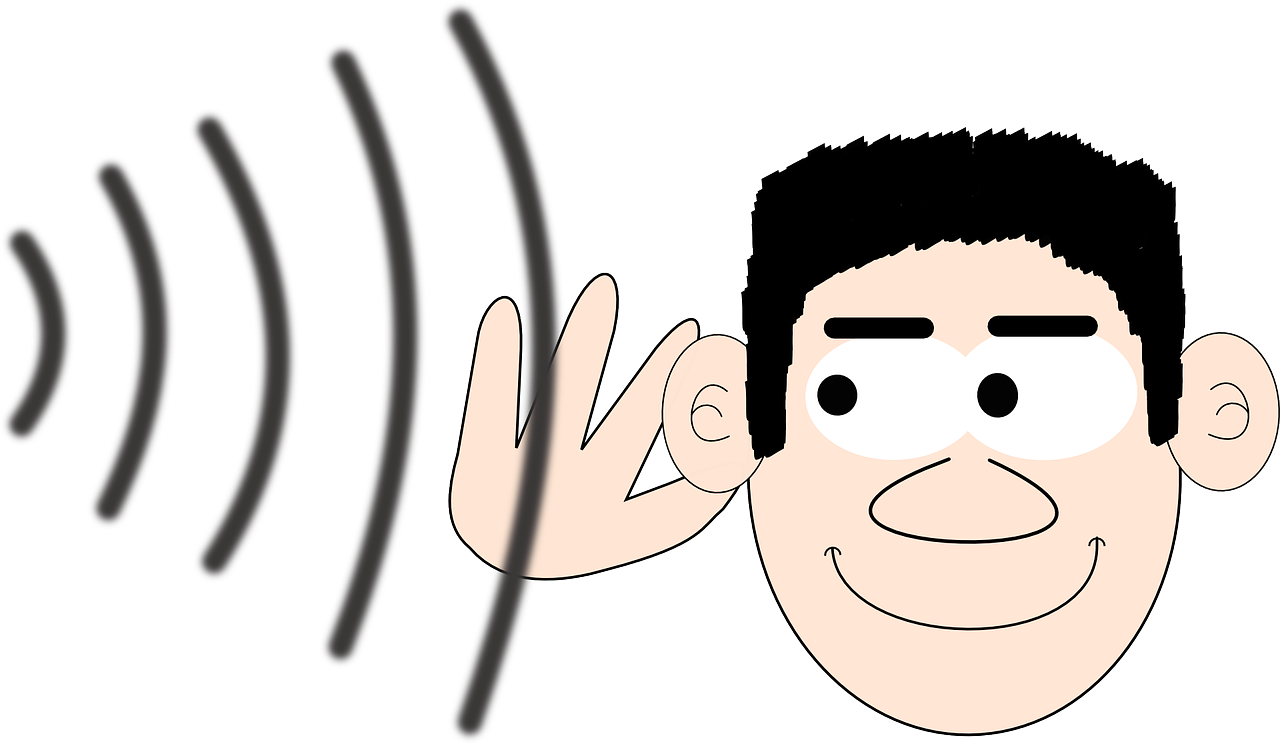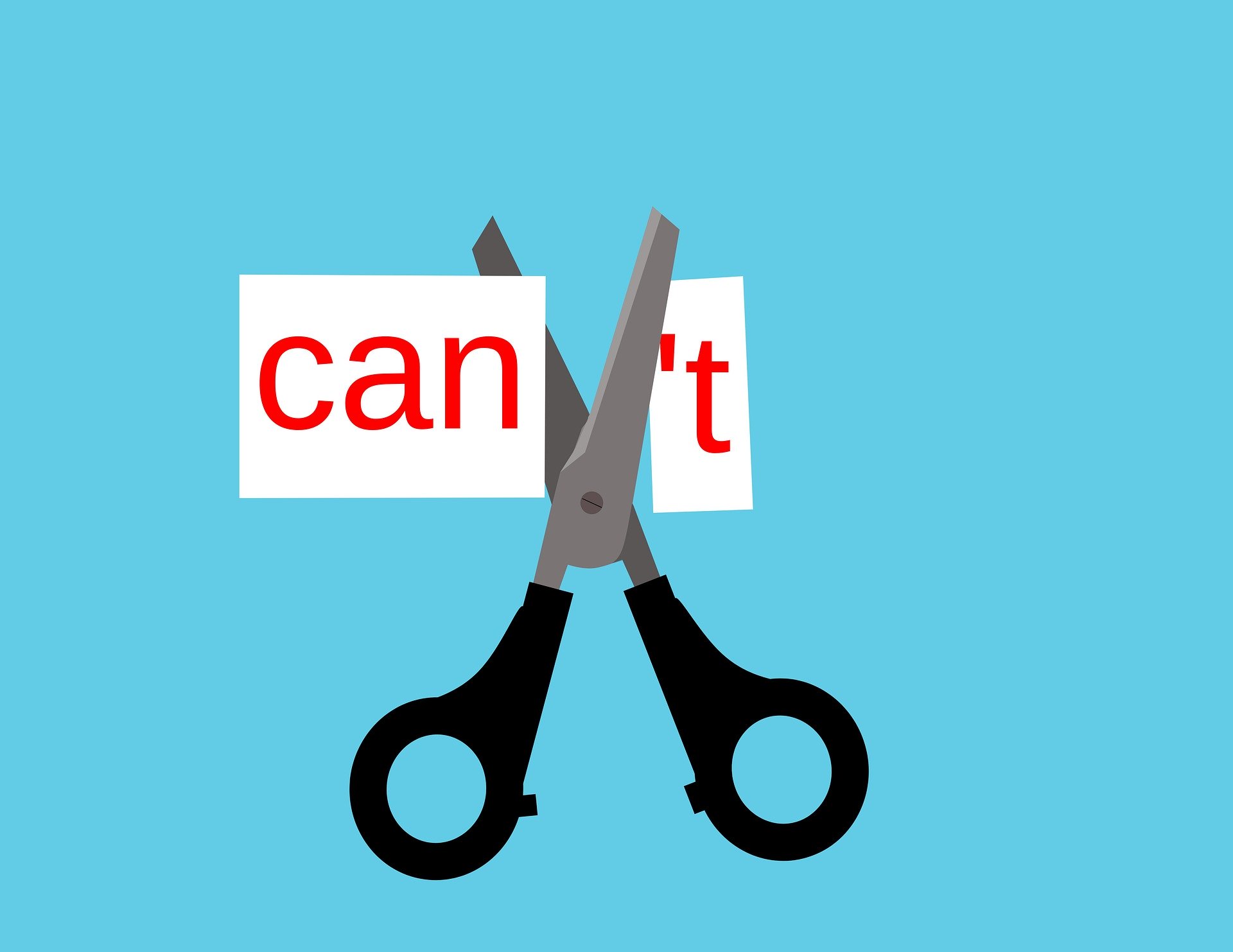Notes: Translator

My name is Cassandra Scott and I run my own translation business.
I translate written documents from German to English and from French to English. The main text types I deal with are medical texts and marketing texts.
What languages have you learned?
I use German and French professionally. I have an intermediate level of Japanese because I lived in Japan teaching English for a couple of years. I also have an intermediate level of Spanish.
How have any language skills helped you in your work or personal life?
My partner’s family live in Spain and only speak Spanish so language skills have definitely helped in my personal life! As for my professional life, obviously I could not do my job without language skills. Whereas in some jobs, language skills are a very useful extra that can help you stand out from the crowd, for me they are the main event - they are what I make my money from. In other words, for me, language skill “translates” directly to pounds.
What benefits do you think language skills bring?
I think one of the less obvious benefits is that learning one language makes the next one easier to learn. Once you have two, the third one is a piece of cake! It’s a bit like compound interest. It can also become a bit of an addiction!
the less obvious benefits is that learning one language makes the next one easier to learn. Once you have two, the third one is a piece of cake! It’s a bit like compound interest. It can also become a bit of an addiction!
Also, in the UK, if you speak another language well, you are an exception to the rule. That’s bad for the UK as a country, but good for you as an individual. In a competitive job market, it always pays to stand out from the crowd with a skill that not everyone has.
With language skills, you could help your employer expand into new markets, for example.
Do you have any advice for anyone considering learning a language?
Sadly, language learning in schools is sometimes seen as “non-essential”. So my advice is if you have the opportunity to learn a language, take it!
I’d also encourage you to learn on your own with subtitled films and series (Netflix has a very wide selection), or even go to the country where the language is sp oken if you can.
oken if you can.
Don’t get too hung up on grammar if that’s what’s holding you back. There are ways to learn that are not heavily focused on grammar. When you are learning grammar and you find it hard to understand, try learning the sound of the phrases you are studying by heart first. You will soon get a feel for when a sentence doesn’t “sound” right – which helps you get the grammar right! Also, try not to get too stressed out about why you have to say it like this and not like that – trust that you will see why when you learn more. Sometimes, we have a subconscious assumption that our native language is the “normal” one and that other languages are different from the norm. But could you explain to someone who is not a native speaker of English why “lovely little old Spanish lady” is right but “old little Spanish lovely lady” is wrong?
Any tips on how best to approach communicating in a language you have little knowledge of?
 When using a language in a “real-life” situation, use the knowledge you already have. I can’t stress that enough.
When using a language in a “real-life” situation, use the knowledge you already have. I can’t stress that enough.
Give up trying to translate all your thoughts from English into the other language. Stop thinking “How do I say...?” and instead first ask yourself, “What can I say?” You will be surprised how often you actually do know how to say something that fits the situation and gets your point across.
Trying to translate all your thoughts will just leave you tongue-tied.
In your experience, would you say cultural awareness is important?
Absolutely. When I lived in Japan, I had so many experiences that perfectly illustrate how language skills and cultural knowledge need to go hand-in-hand. For instance, on my  very first shopping trip alone in Japan, at the very first shop I walked into, this happened: as soon as I put a foot in the door, someone screamed at me “IRRASHAIMASE!” I immediately turned around and bolted out, terrified I had done something wrong. In fact, “Irrashaimase!” just means “welcome (to this establishment)!” and in Japanese culture, it is often considered polite and good customer service to say it very, very loud! The louder the voice, the bigger the welcome!
very first shopping trip alone in Japan, at the very first shop I walked into, this happened: as soon as I put a foot in the door, someone screamed at me “IRRASHAIMASE!” I immediately turned around and bolted out, terrified I had done something wrong. In fact, “Irrashaimase!” just means “welcome (to this establishment)!” and in Japanese culture, it is often considered polite and good customer service to say it very, very loud! The louder the voice, the bigger the welcome!
Return to Job Profiles